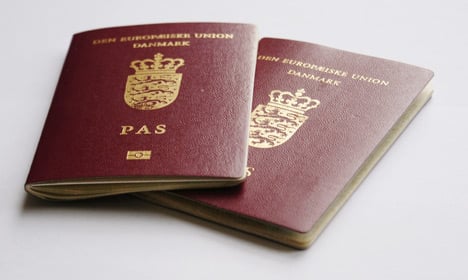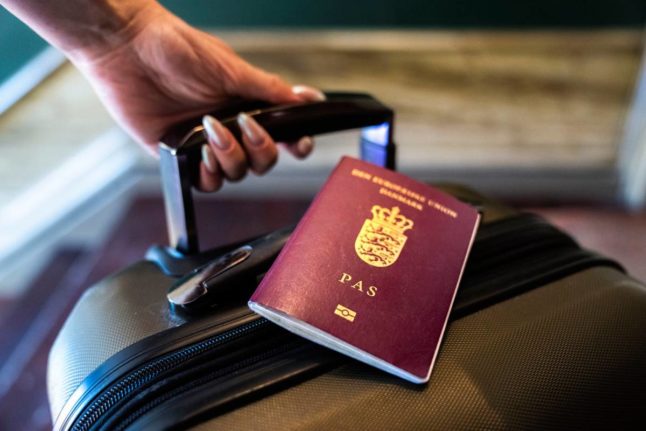PASSPORT
Denmark issues 11,000 invalid passports
If you or your family members have been issued a Danish passport since February, it may include a vital mistake that makes it invalid for international travel.
Published: 27 March 2015 12:05 CET

Thousands of Danes have been issued invalid passports without obligatory fingerprints, Local Government Denmark (Kommunernes Landsforening – KL) said on Friday.
Passports issued in 44 of Denmark’s 98 municipalities after the date of February 2nd are missing biometric fingerprints due to an error made by private company Scantech, KL said.
A total of 10,947 of the flawed passports were issued nationwide.
Those affected by the mistake will be contacted by their municipality but anyone planning to travel in the near future was urged to immediately contact the municipality’s citizen services department (Borgerservice).
“The mistake is deeply regrettable as it is a requirement that citizens’ passports include a chip with fingerprints. If the affected citizens are due to travel abroad in the near future, they can contact the municipality’s citizen services centre for more information on what to do,” KL said in a statement.
KL said that the Danish National Police (Rigspolitiet) discovered the mistake and informed the affect municipalities.
Scantech blamed the error on a software update and the company said it would cover the costs of a new passport.
A company spokesman said that despite the passports not including the necessary fingerprints, some Danes may have already successfully travelled with them.
“You can imagine that there have been citizens who have travelled with these passports and never realized that something was wrong. But that doesn’t change the fact that the passports should be correct and therefore anyone affected should get a new passport,” Henrik Kromann told broadcaster DR.
Without the fingerprints however, travellers do face the possibility of being denied legal entry at their destination.
Denmark has had biometric passports since 2012 that require the fingerprints.
The following municipalities issued faulty passports (number of affected residents):
Allerød:177
Assens: 79
Billund: 52
Copenhagen: 151
Esbjerg: 1052
Favrskov: 540
Faxe: 291
Furesø: 149
Faaborg-Midtfyn: 454
Gentofte: 4
Gladsaxe: 424
Greve: 747
Haderslev: 30
Herning: 201
Hillerød: 16
Holstebro: 4
Horsens: 456
Høje-Taastrup: 340
Ikast-Brande: 397
Kalundborg: 190
Kolding:330
Køge: 8
Lemvig: 119
Lolland: 151
Lyngby-Taarbæk: 15
Middelfart: 379
Nordfyn: 215
Nyborg: 12
Næstved: 117
Randers: 768
Ringkøbing-Skjern:15
Ringsted:196
Roskilde: 483
Rudersdal:557
Silkeborg: 3
Skanderborg: 569
Solrød: 301
Sorø:167
Syddjurs: 129
Tønder: 69
Vejen: 519
Vordingborg: 69
Ærø: 2
Url copied to clipboard!


 Please whitelist us to continue reading.
Please whitelist us to continue reading.
Member comments